Jeffrey Cranor talks adaptation, medium, and The Faceless Old Woman Who Secretly Lives In Your Home
In the summer of 2012, Joseph Fink and Jeffrey Cranor launched a new podcast, Welcome to Night Vale. Welcome to Night Vale is a fiction podcast framed like a local radio show–but set in a strange, surreal desert town where the dog parks don’t have dogs, a Glow Cloud is part of the PTA, and levitating cats are the norm. Each episode is narrated by local newscaster Cecil Palmer (played by Cecil Baldwin) and features news updates that deliver the show’s plot, along with recurring segments like fake advertisements, traffic reports, and weather updates.
Welcome to Night Vale gained a huge fan following quickly after its debut as listeners found appeal in the show’s strange story, memorable characters, and budding romance between Cecil and the town’s new scientist, Carlos. Now, eight years later, Welcome to Night Vale is still going strong but now with a full slate of live shows, script books, and novels all set in the same world.
With their newest novel, The Faceless Old Woman Who Secretly Lives In Your Home, Fink and Cranor move away from the town of Night Vale for almost the entire plot, choosing to center the narrative on one specific character, the eponymous Faceless Old Woman. Played by Mara Wilson in the podcast, The Faceless Old Woman is a dry-humored spectre with an agenda, and she’s been a fan-favorite character for years, making her the perfect candidate for a novel.
But having a perfect character to focus on doesn’t mean that writing the novel was necessarily easy, and the same applies to Night Vale’s gamut of live shows. In a recent conversation, Jeffrey Cranor shared his insights about adapting a podcast to other media.
Spotify for Podcasters: When was the first live show for Welcome to Night Vale, and what was that experience like?
Jeffrey Cranor: We started doing our very first organized live show as a whole evening of Night Vale in September of 2013, and we did it at Booksmith in San Francisco. [Our first live show] was “Condos.” We weren’t really making money at the time off of Night Vale. We were selling some T-shirts out of Joseph’s apartment and stuff like that, but it wasn’t enough to quit my job.
So we sold tickets [online], and we filled up the show in 45 seconds, and then we posted another late show and sold that out in a minute and a half. It was wild. It was an eye-opening thing, like, “Oh, I had no idea we had this kind of audience out there for what we were doing.”
How do you know what type of story will work well as a live show?
I mean, part of the answer to that is you don’t. In a sense, you never really know what story will work at all. But part of it is that, one, you have trust in the performers, right? We relied so heavily on what Cecil was able to do in front of a live audience because as good as he is at the podcast, he’s so tremendous on stage. His training and background is as a stage performer.
But the other thing is that knowing that all the live shows tend to follow the same format as the podcast. [The format] is mostly like, “Hey, here’s the crisis news story of the day. Hey, here’s a community calendar, here’s traffic, here’s the children’s front back science quarter.”
Every live show we always take into consideration that there are people in the room. We did another show called “The Investigators” wherein we made the audience constantly talk to each other and look at each other, and play more murder mystery style game within the script. Playing with the audience being there is really important to us as writers.
What surprised you about taking a podcast to a live stage as opposed to working with the stage in mind first?
We did talk a little bit about [how to adapt your podcast to other media] on Start With This. Start With This is the podcast that Joseph and I put together last year, picking some small topic that has to do with writing and then giving people two assignments: something to go consume, to read, listen to, watch; and then something to create.
I’ve always really held to the idea that knowing your medium is so, so, so important. If you’re doing a live show, the moment you put it up on stage, it puts itself into a lot of other questions: Do you have a single person narrator like Night Vale? Or a pair of narrators, like The Black Tapes? Or are you more rapid fire, fun dialogue, like Thrilling Adventure Hour or Wooden Overcoats? It becomes a question of staging. Having your script on stage is completely fine. People love it.
Remember to write and direct in a way that allows your performers to get off the page as much as possible. Their eyes may need to be on the page for their line, but remember that you have to give yourself an openness for that energy that the audience will give you, whether it’s a laugh or whether it’s a long silence, whether it’s a tense energy.
For creators who have never done stage work, what advice do you have for them to keep in mind?
Our experience in trying to take podcast episodes and do live performances of episodes that already exist, they feel weirdly flat because they’re written to be read into the microphone in a room for no audience. They’re written to be told to somebody far away.
Some of that is as simple as long sentences just don’t work as well coming out of a live performers mouth. Shorter, quicker thoughts. Something that says, “I’m directly talking to people in the room in front of me,” even if it has dialogue between characters.
And any advice for podcasters who are looking to adapt their podcast to a novel? How do you choose which story to write?
As far as novels, we were very lucky because Night Vale got popular before we had the idea for the novel. We had people seeking us out, sending us emails and asking about TV things and book things and whatever else.
That’s what cued us up to go get an agent. Our agent helped get us some meetings with publishers. You do have to have your novel written before you submit it. And I think it’s the same thing, just thinking about the medium.
Are you writing an extension of your podcast, or are you telling a whole new story that maybe you can just use your podcast as a platform to promote your novel? It does take place in your world, but ultimately is it a novel that stands on its own? I think we’re writing good things that will stand on their own, and I would love to make more Night Vale listeners and non-podcast people more comfortable with what we’re doing.
This article is syndicated from a now-dead site that deleted almost all of the work of myself and my colleagues. Don’t sue me! Get bent! ❤
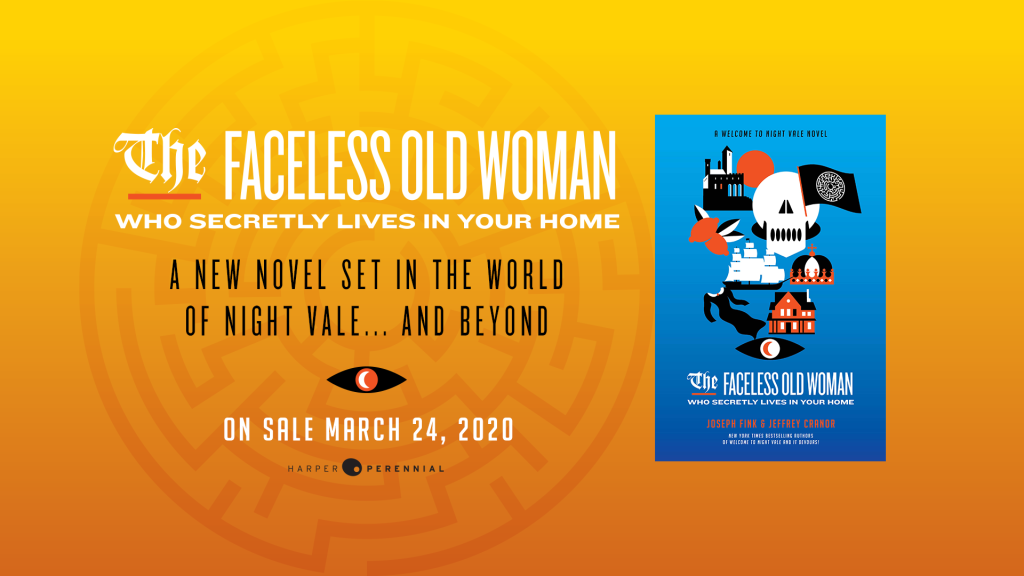

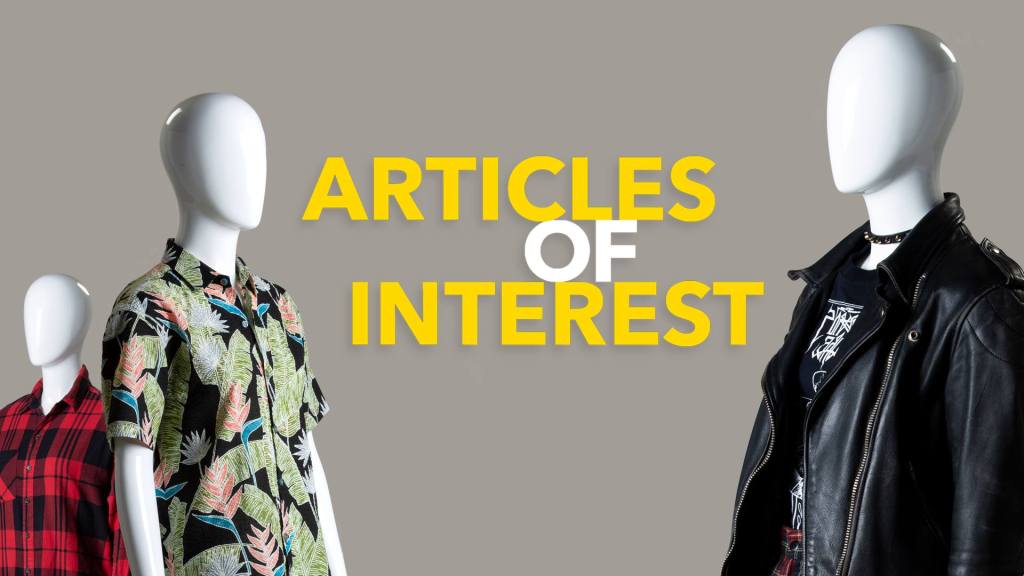

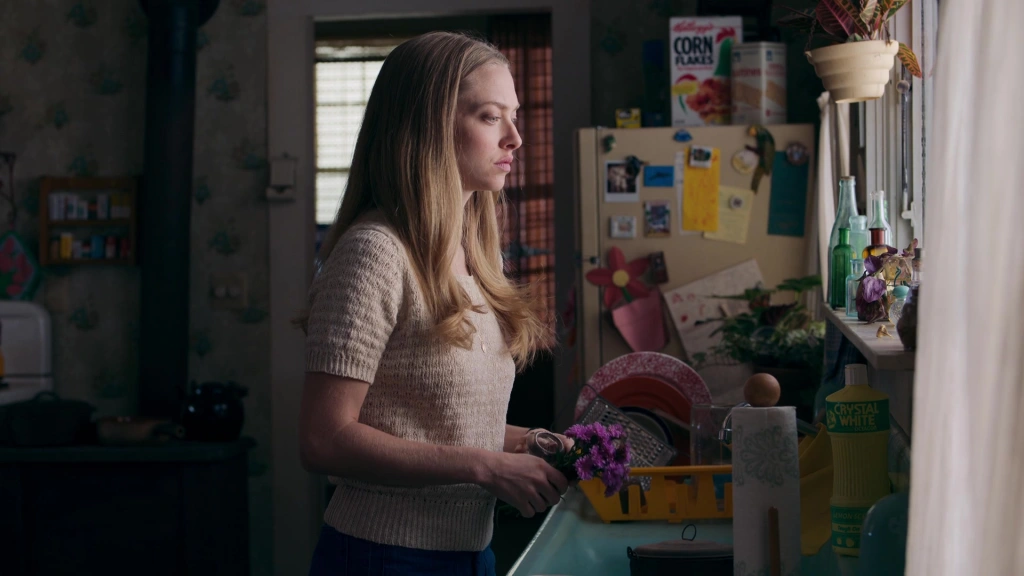
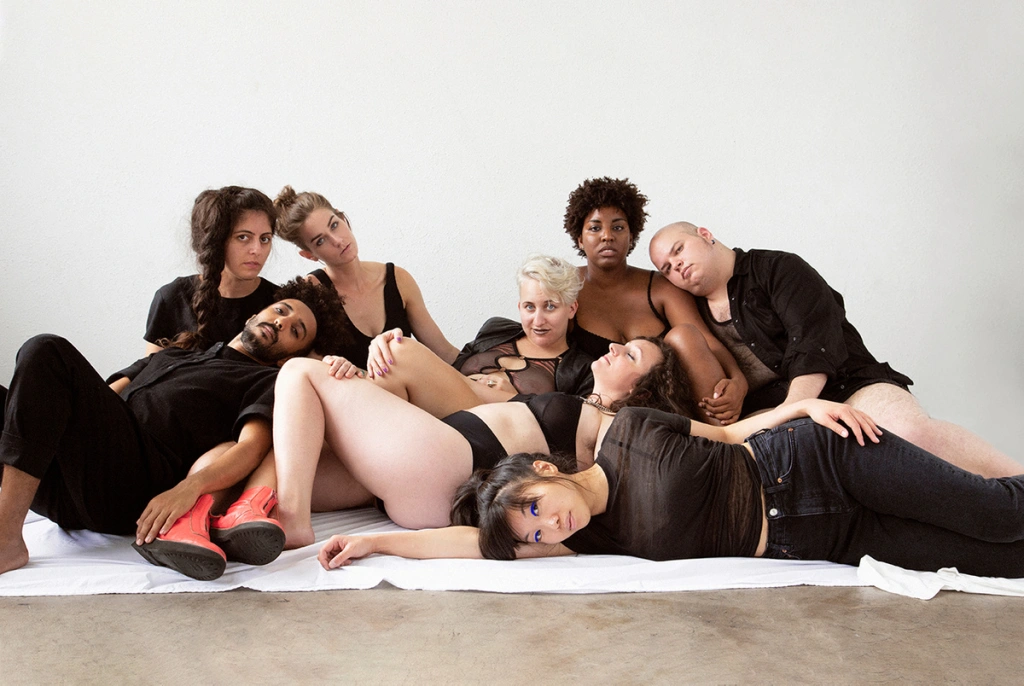

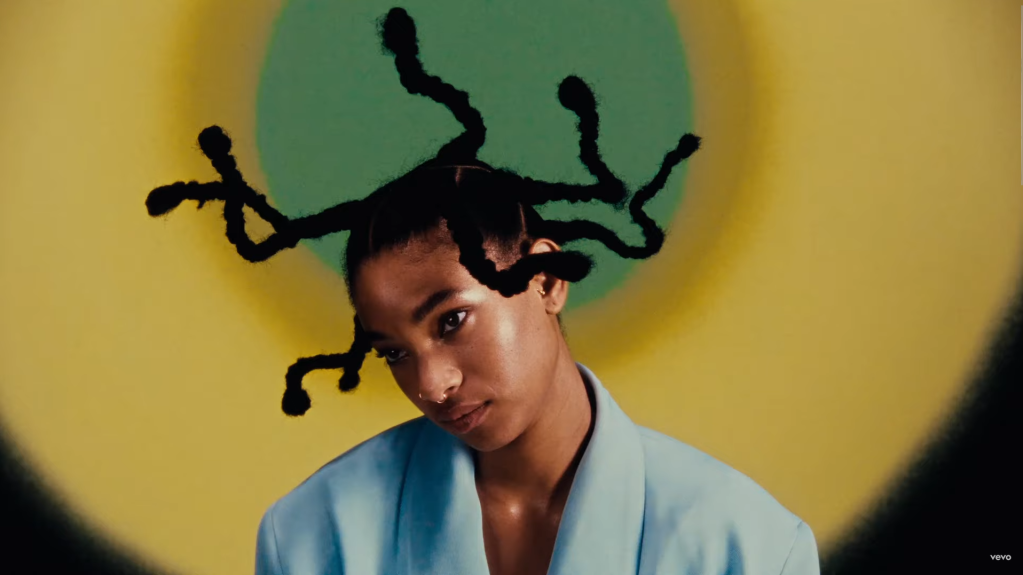
Leave a comment